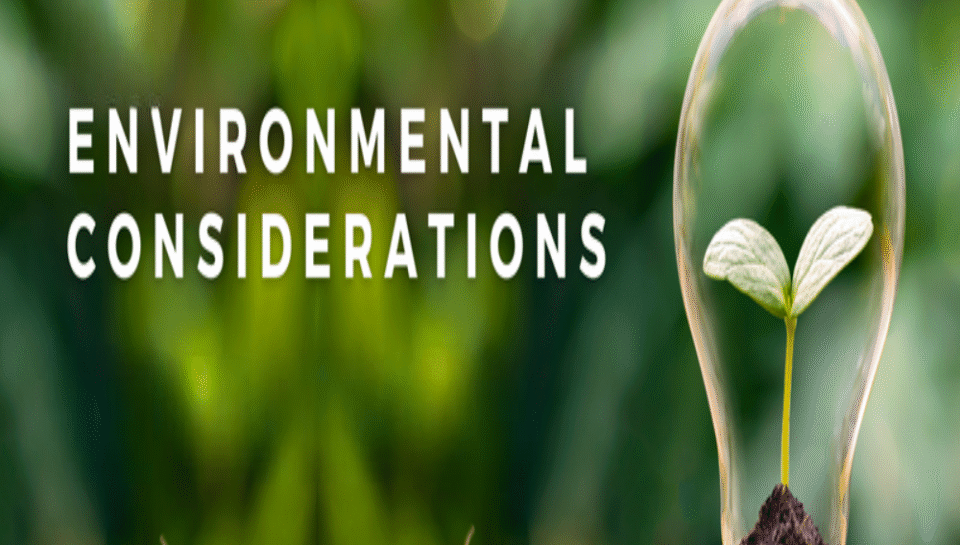
Describe the environmental considerations in brochure printing.
Introduction
As sustainability becomes a central value in modern business practices, companies are increasingly evaluating the environmental impact of printed marketing materials, including brochures. Brochure printing, when not managed responsibly, can contribute to deforestation, energy consumption, chemical pollution, and waste. By considering eco-friendly practices at every stage of production, businesses can reduce their environmental footprint and align their marketing efforts with responsible values.
Sustainable Paper Selection
Choosing the right paper is one of the most impactful decisions in eco-friendly brochure printing. Recycled paper—especially post-consumer waste (PCW)—reduces the need for virgin pulp and minimizes deforestation. Papers certified by the Forest Stewardship Council (FSC) or Sustainable Forestry Initiative (SFI) ensure responsible forestry practices. Uncoated or chlorine-free options are also better for the environment.
Vegetable-Based and Soy Inks
Traditional petroleum-based inks release volatile organic compounds (VOCs) that harm air quality. In contrast, soy-based and vegetable-based inks are biodegradable, emit fewer VOCs, and offer vibrant color quality. These inks are ideal for companies looking to maintain visual appeal while lowering environmental impact.
Eco-Conscious Printing Methods
Digital printing tends to be more environmentally friendly for small runs because it reduces waste and uses less energy than offset printing. Additionally, using waterless printing technology and energy-efficient presses can minimize resource consumption and pollution during the printing process.
Print Quantity and Waste Reduction
Overprinting leads to unnecessary waste. Estimating realistic quantities based on distribution needs helps prevent excess. On-demand printing and short-run production can be more sustainable choices. Digital brochures are an excellent complement or alternative when physical copies are not essential.
Responsible Finishing Options
Laminates, foils, and UV coatings can hinder recyclability. If finishing is required, opt for water-based or biodegradable coatings. Avoid plastic lamination unless it’s recyclable or compostable. The use of minimalist designs and avoiding unnecessary embellishments also contribute to eco-conscious production.
Local and Certified Printers
Working with local printing providers reduces carbon emissions associated with transportation. Choose print vendors that are certified in sustainable practices, such as those with ISO 14001 (Environmental Management) certification or memberships in green printing alliances.
Recycling and End-of-Life Considerations
Design brochures with end-of-life recycling in mind. Avoid combining materials like paper and plastic, which are hard to separate. Use mono-material designs, label them clearly for recycling, and educate recipients on proper disposal. Offering QR codes or digital alternatives also reduces reliance on printed versions.
Corporate Social Responsibility Alignment
Eco-friendly brochure printing reflects a company’s commitment to corporate social responsibility (CSR). Demonstrating awareness and action on sustainability enhances brand reputation and appeals to environmentally conscious consumers, partners, and investors.
Conclusion
Environmental considerations in brochure printing are no longer optional—they are essential to responsible branding and communication. By using sustainable materials, minimizing waste, and selecting eco-conscious printing methods, businesses can create impactful brochures that support both their marketing goals and their environmental values.
Hashtags
#EcoFriendlyPrinting #SustainableDesign #GreenMarketing #BrochurePrinting #RecycledPaper #SoyBasedInks #SustainableBranding #FSCCertified #PrintResponsibly #EnvironmentalDesign #GreenBrochures #EcoMarketing #SustainableChoices #PrintSustainability #EcoPrintingTips #BiodegradableDesign #GreenPrintVendors #WasteReduction #EthicalPrinting #CSRMarketing #MinimalistDesign #EcoPackaging #DigitalAlternatives #SustainableMaterials #ResponsibleDesign





